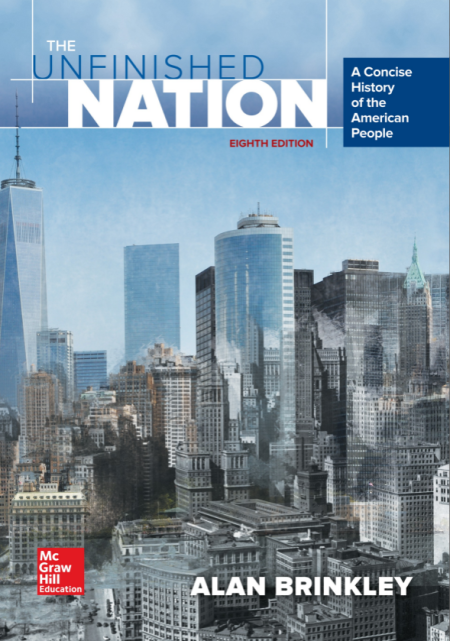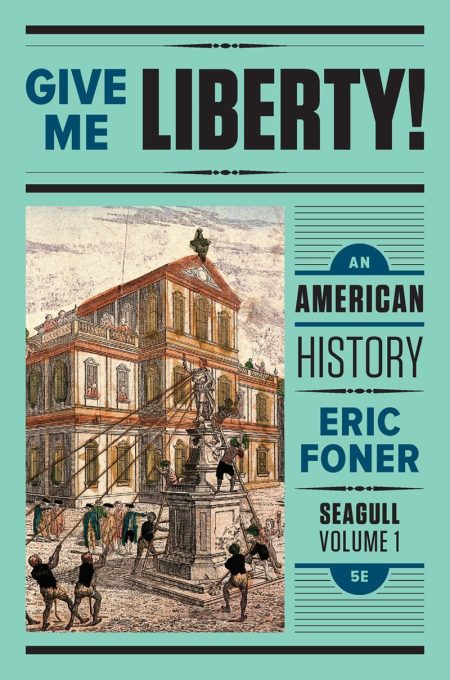Description
In this book, Isaiah Friedman examines one of the most complex problems that bedeviled Middle East politics in the interwar period, one that still remains controversial. The prevailing view is that during World War I the British government made conflicting commitments to the Arabs, to the French, and to the Jews. Through a rigorous examination of the documentary evidence, Friedman demolishes the myth that Palestine was a “twice-promised land” and shows that the charges of fraudulence and deception leveled against the British are groundless. Central to Arab claims on Palestine was a letter dated 24 October 1915, from Sir Henry McMahon, the British High Commissioner in Egypt, to King Hussein, the Sharif of Mecca, pledging Arab independence. Friedman shows that this letter was conditional on a general Arab uprising against the Turks. Predicated on reciprocal action, the letter committed the British to recognize and uphold Arab independence in the areas of the Fertile Crescent once it was liberated by the Arabs themselves. As all evidence shows, few tribes rebelled against the Turks. The Arabs in Palestine, Syria, and Mesopotamia fought for the Ottoman Empire against the British. In addition to its non-binding nature, McMahon’s letter has been misinterpreted with respect to the territories it covers. Friedman’s archival discovery of the Arabic version actually read by Hussein indisputably shows that Palestine was not included in the British pledge. Indeed, Hussein welcomed the return of the Jews just as his son Emir Feisal believed that Arab-Jewish cooperation would be a means to build Arab independence without the interference of the European powers. Myth-shattering and meticulously documented, Palestine: A Twice-Promised Land? is revisionist history in the truest sense of the word.






